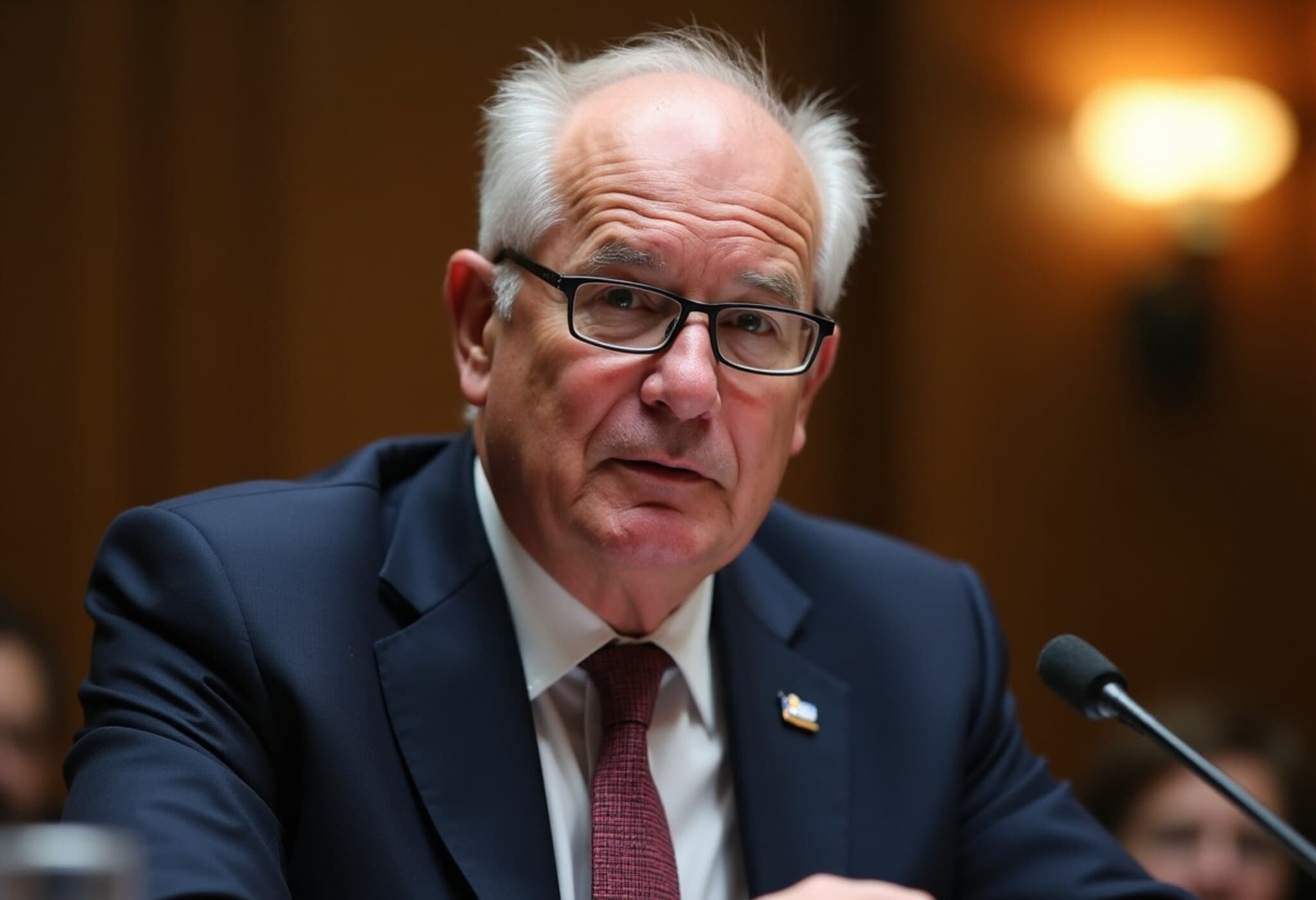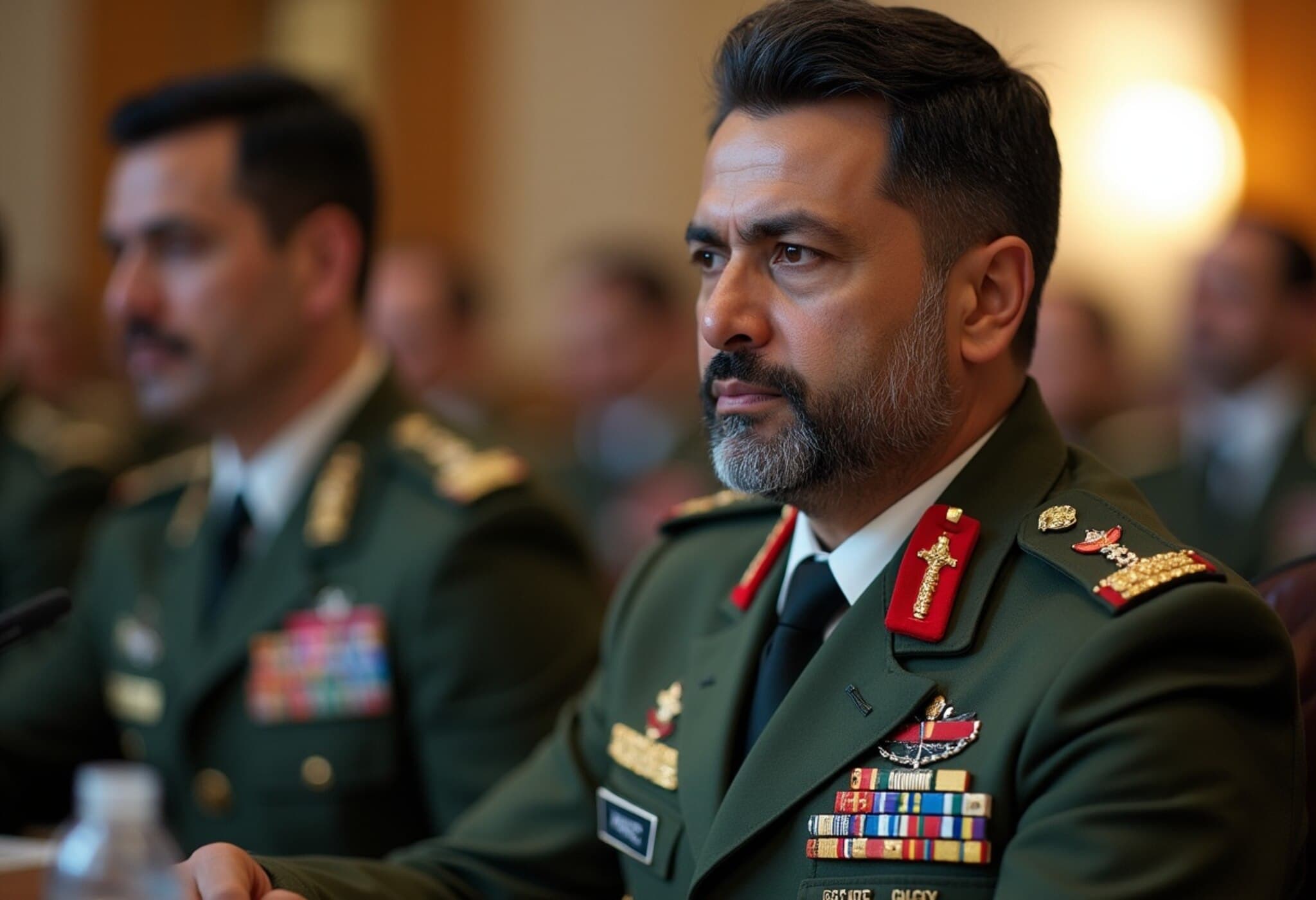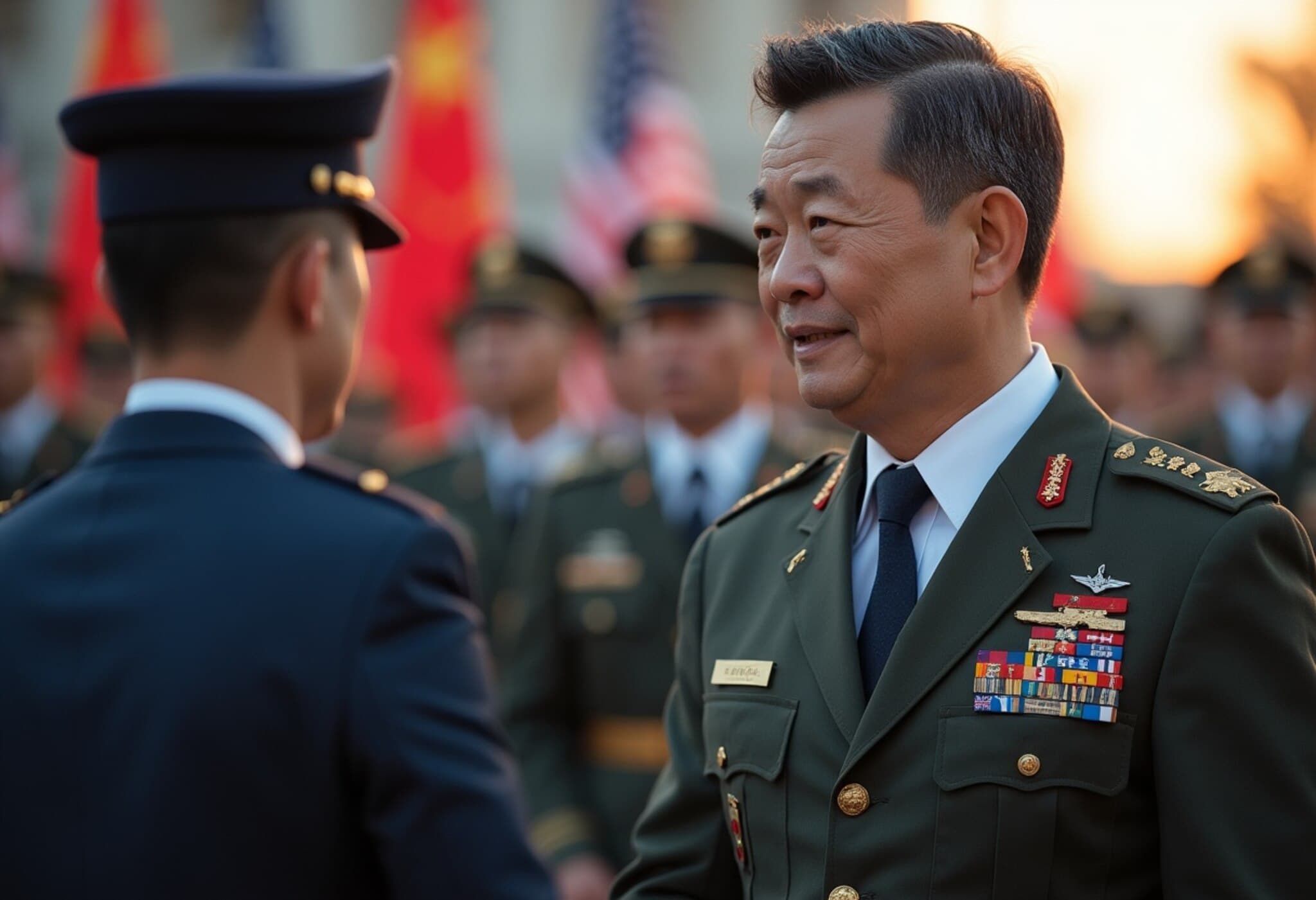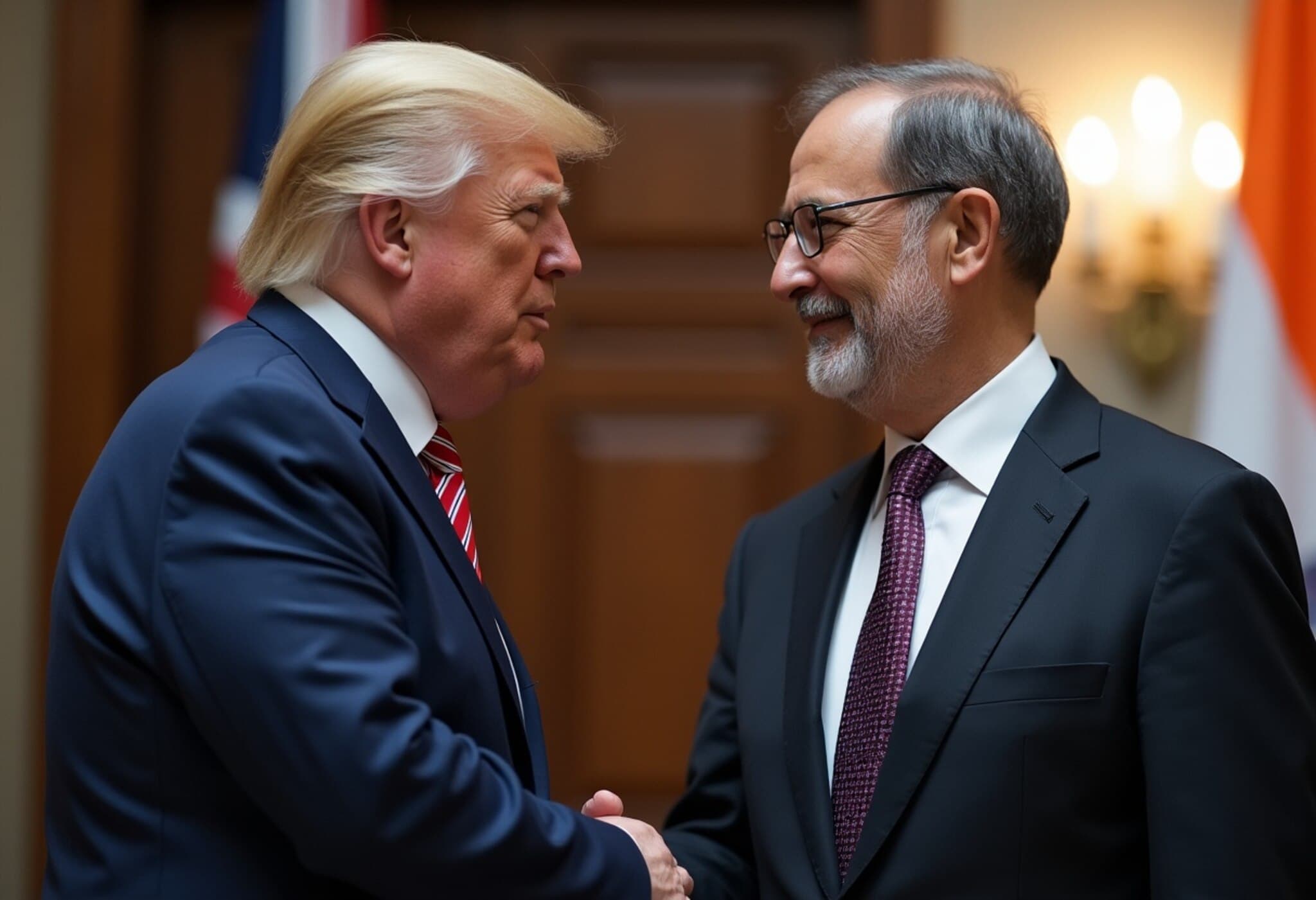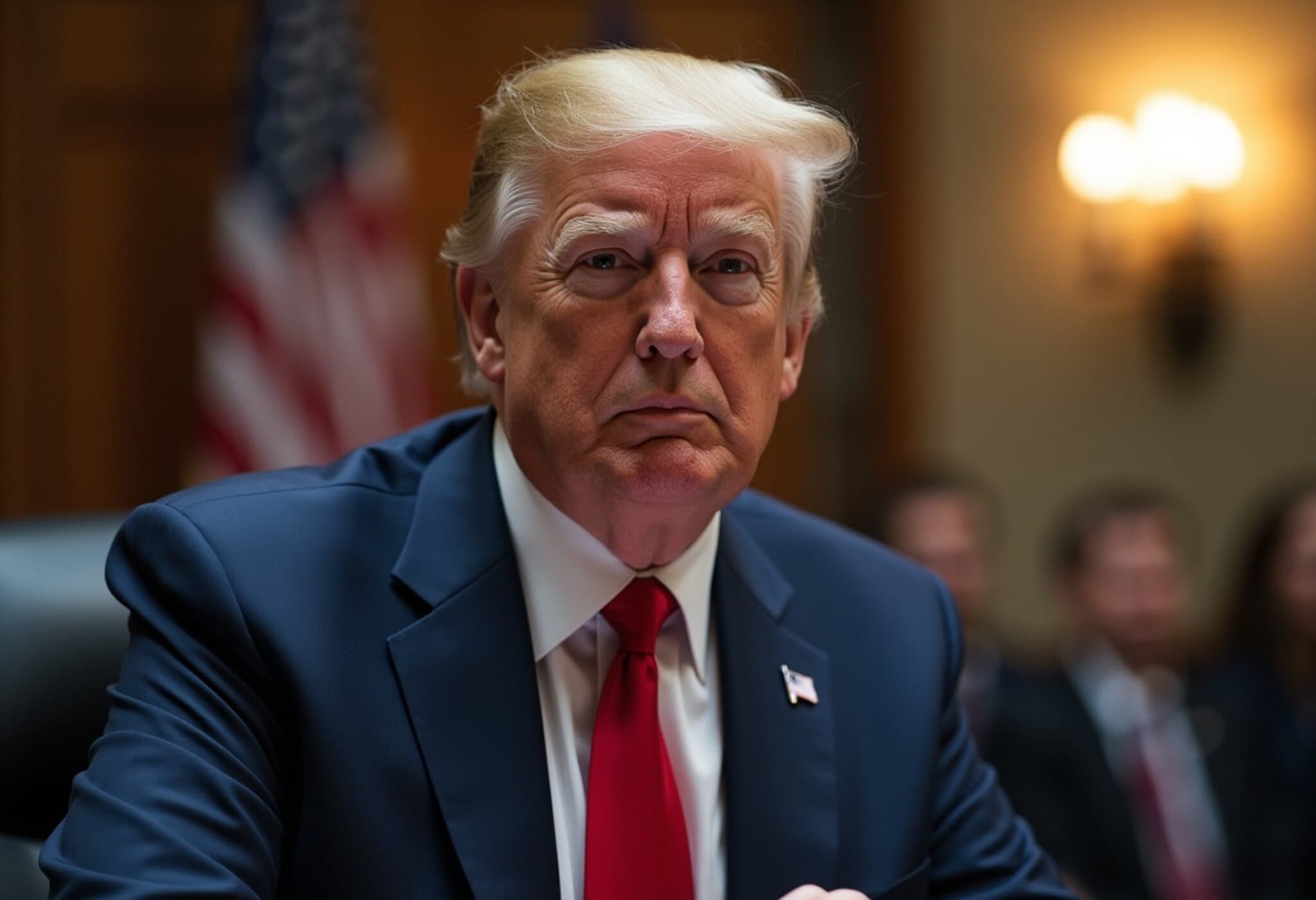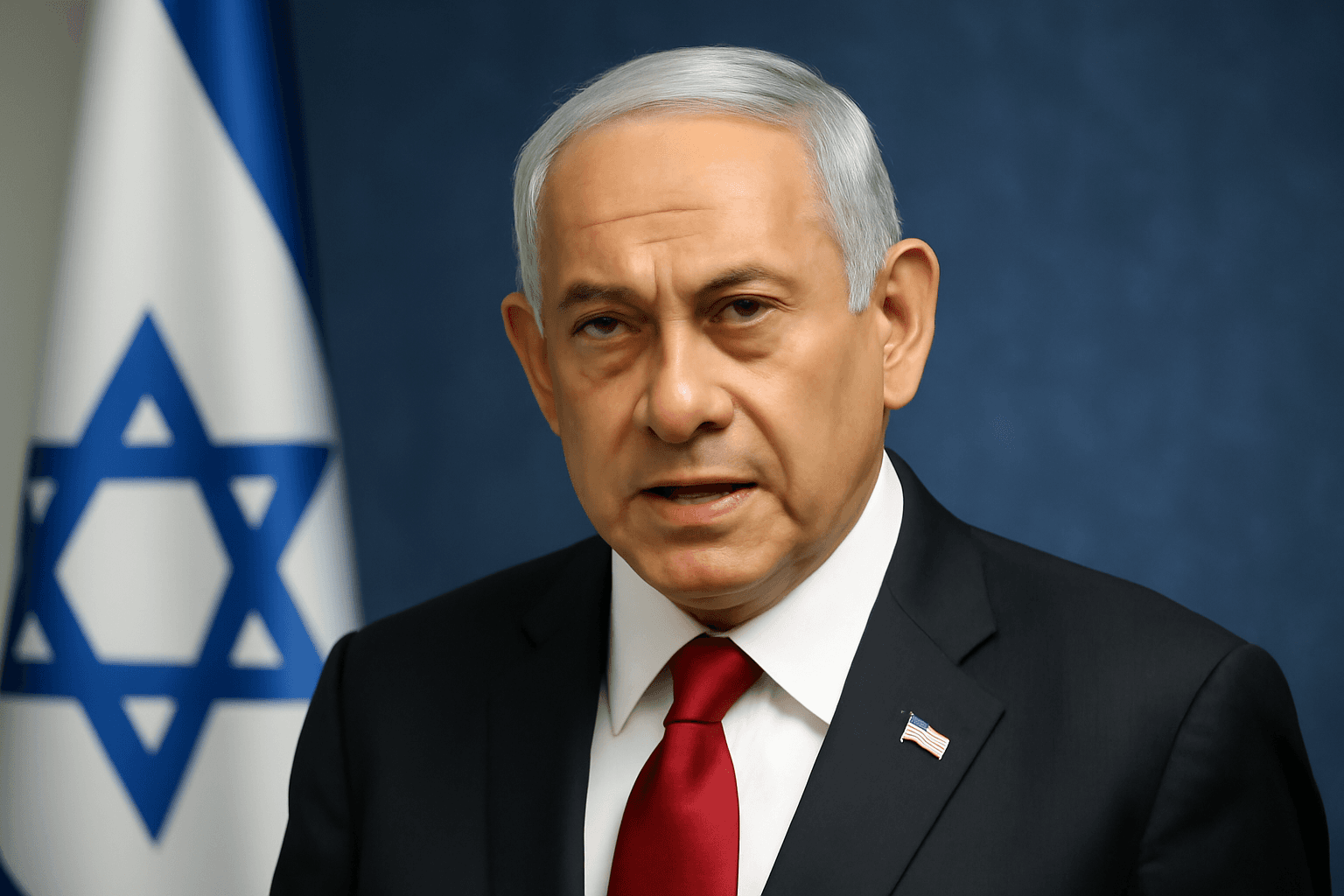Former Australian PM Urges Vigilance on China at US Congressional Hearing
In a candid and sobering address to the United States Congress, former Australian Prime Minister Scott Morrison delivered a stark warning: Australians are becoming complacent about the growing security threat posed by China. Speaking at a congressional hearing focused on the challenges presented by the Chinese Communist Party (CCP), Morrison emphasized the urgent need for the US and its allies to prepare for economic consequences as part of a united stand against Beijing's assertive policies.
Shifting Australian Public Perception on China
Morrison drew on recent data from the Lowy Institute to highlight a significant shift in Australian public opinion between 2021–22 and 2025. He noted that in 2025, 50% of Australians viewed China primarily as an economic partner, while 47% saw it as a security threat. This contrasts sharply with the earlier period when, amid heightened diplomatic tensions, 63% identified China as a security threat, and only 33% regarded it primarily as an economic partner.
"This shift, Morrison cautioned, aligns with the CCP's objective: Western democracies becoming complacent, or 'going to sleep,' regarding the evolving threat China poses," reporting that such complacency could undermine critical resilience within allied nations.
Standing Firm Despite Economic Pressures
Reflecting on his own tenure, Morrison recounted how China targeted Australia as a warning to other US allies, enforcing trade restrictions and economic pressure on key Australian exports like barley, beef, and wine. Despite the economic fallout, Morrison lauded his government’s unwavering stance, rejecting what he called "acquiescence and appeasement." Instead, he urged international partners to brace for similar hardships as a necessary price for resisting Beijing's coercion.
His testimony underscored a powerful message: "If you're going to stand up here, you’ve got to be prepared to take a few hits in the process. But you’re much more able to do that if you can take hits with your mates, and your mates have got to show up as well." This call for allied solidarity resonates deeply amid global concerns over China's strategic ambitions in the Indo-Pacific and beyond.
The Albanese Government’s China Approach: A Cautious Reset?
Morrison was critical of the current Australian government's attempts at thawing relations with Beijing. He suggested that Beijing’s shift from overt economic and diplomatic bullying to a softer “inductive engagement” strategy following the 2022 government change was more a tactical reset than genuine reconciliation.
"Beijing abandoned hardline tactics only to lure Canberra with charm and flattery," Morrison remarked, arguing that this should not be mistaken as a reduction in risk. He disputed claims that the Albanese administration had succeeded in improving bilateral relations, emphasizing that China initiated the change, not Australia.
Implications for US-Australia Relations and Regional Security
Morrison's direct engagement with the US Congress is unusual for former prime ministers, reflecting the gravity he attaches to the issue. Currently serving as the non-executive vice chairman of American Global Strategies and chair of the advisory board for Space Centre Australia, Morrison leverages his experience to shape ongoing defense and security dialogues.
His remarks resonate within the broader context of US-China rivalry, illustrating the complex balance of economic interdependence and strategic competition. For policymakers in Washington and Canberra alike, Morrison's testimony serves as a potent reminder: vigilance and unity among democracies are paramount to countering China’s multifaceted influence.
Expert Insight: Understanding the Economic and Security Trade-offs
From a policy analysis perspective, Morrison’s arguments underscore a persistent dilemma faced by countries deeply entwined economically with China yet wary of its geopolitical intentions. US allies such as Australia must navigate the intricate task of forging a resilient security posture while managing economic repercussions that directly impact domestic industries and communities.
Moreover, Morrison’s call for allied solidarity stresses that economic pain is a collective challenge requiring shared resolve to prevent Beijing from exploiting division. This insight is especially relevant given recent shifts in US foreign policy that encourage closer defense cooperation in the Indo-Pacific region.
Conclusion
Scott Morrison’s testimony before the US Congress highlights a critical juncture in the global response to China’s rise. His warning that Australians—and by extension other Western democracies—may be underestimating China's threat invites renewed scrutiny and debate on how best to balance engagement with strategic deterrence.
As the international community grapples with these challenges, Morrison’s message resonates: awareness, resilience, and allied unity are fundamental to safeguarding democratic values and regional stability.
Editor’s Note
Scott Morrison’s candid reflections provide a revealing window into the complexities of navigating the geopolitical landscape shaped by China’s ascent. While economic ties remain strong, his warnings about complacency remind us that security challenges are evolving—and so must our responses. Readers are encouraged to consider the broader implications of these dynamics for US-Australia relations, regional security, and global diplomacy in the years ahead.

